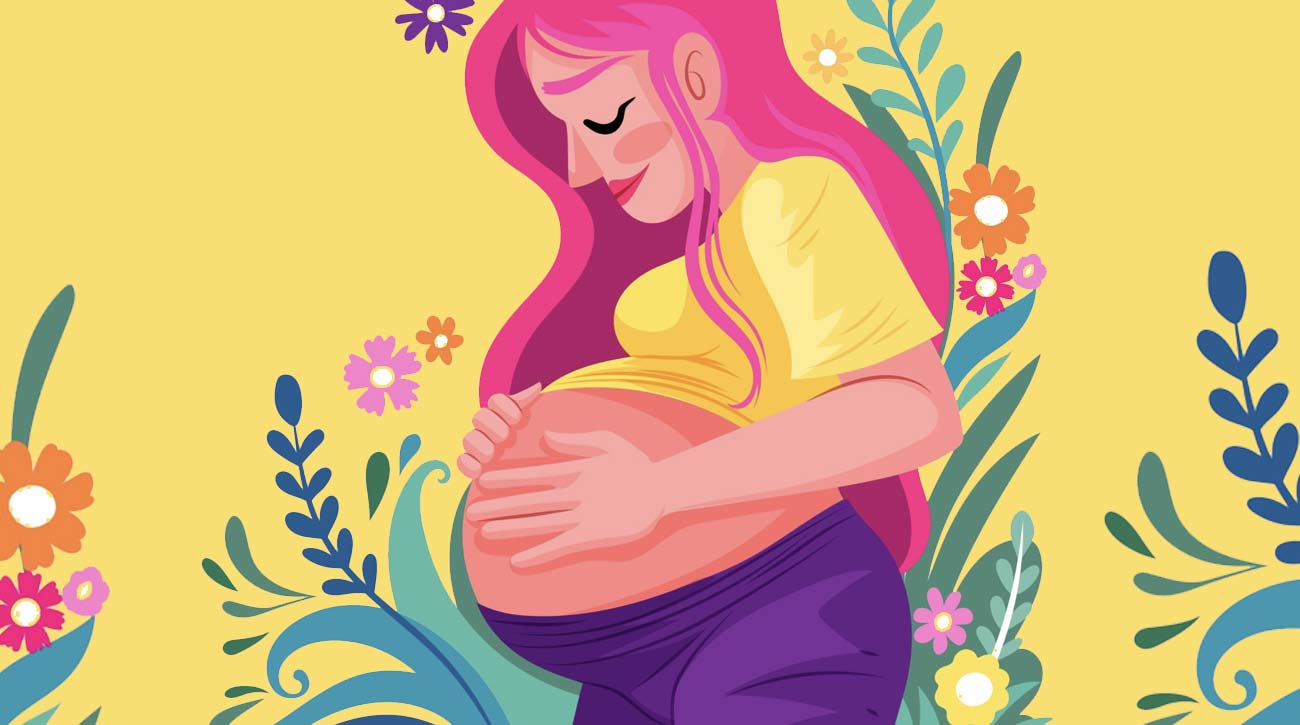I have had many a patient in my day say that their kidney stones presented for the first time while pregnant. This week, we explore why kidney stones occur during this special time, what you can do to prevent them, and the signs and symptoms to look out for.
Pregnancy Changes How Your Kidneys Work
During pregnancy, progesterone and the growing belly relax and widen the ureters. Nearly 90% of pregnant women get some dilation. The uterus can also press on the ureters, particularly on the right side. This slower drainage means that minerals can remain in the urinary tract for an extended period, increasing the likelihood of stone formation.
Pregnancy Increases Mineral Load in the Urine
Kidney blood flow and filtration speed up by more than 50%, which means more minerals — especially calcium — get pushed into your urine. Pregnancy also ramps up calcium absorption in your intestines (thanks to higher vitamin D levels) to help your baby build their skeleton. While most of that calcium goes to the baby, some of the extra spills into your urine, creating a higher chance of hypercalciuria (too much calcium in the urine).
Hormonal shifts and small amounts of bone calcium release can add to that load — and all of this can set the stage for stone-forming conditions.
The Body’s Natural Stone Defenses Also Increase
Urine becomes more alkaline, and you naturally produce more stone inhibitors like citrate and magnesium. So, the overall stone risk doesn’t skyrocket — but the conditions are ripe if you have other risk factors.
Pregnancy Shifts the Type of Stones That Can Form
In pregnancy, calcium phosphate stones are more common than calcium oxalate ones, thanks to the more alkaline urine. If you already have a naturally higher urine pH before pregnancy, the added alkalinity during pregnancy can raise it even further. The additional increase in pH heightens the risk of calcium phosphate stone formation, particularly when accompanied by hypercalciuria. This is why monitoring urine chemistry — even during pregnancy — can be crucial for individuals with a history of stones.
Potential Risks for Mother and Baby
Research shows that pregnant women with kidney stones face higher chances of:
- Urinary tract infections (UTIs) and kidney infections — Confirmed in extensive pooled analyses showing UTI as a common complication in pregnancies complicated by stones (systematic review & meta-analysis).
- Gestational diabetes — In a Massachusetts General Hospital cohort, stone formers had over three times the odds compared to women without stones (study link).
- Preeclampsia — Ontario population data showed a 42% higher risk (Ontario cohort).
- Preterm birth and low birth weight — observed in both the Ontario cohort and the University of Washington studies, with risks approximately 1.6–1.8 times higher (Ontario cohort, California study).
- C-section deliveries — The Ontario cohort also showed a greater likelihood of cesarean delivery (Ontario cohort).
While stones aren’t common in pregnancy, when they do show up, they raise the stakes for both mom and baby.
How to Lower Stone Risk During Pregnancy
Stay Hydrated Throughout the Day
Water is your best friend. Sip steadily throughout the day.
Get Calcium from Food Sources
Dairy, fortified plant milks, and low-oxalate greens are good options. Low dietary calcium can increase oxalate levels in your urine and increase your risk of forming stones. Your calcium needs may change during pregnancy, so ask your doctor for specific recommendations tailored to your situation — especially if you’ve a history of kidney stones.
Limit Sodium and Added Sugar
Excessive sodium intake causes calcium to be excreted in the urine. Added sugar can raise uric acid and also increase urine calcium. Both boost stone risk. Herbs, spices (for sodium substitutes), and my favorite — portion, not perfection (when it comes to sugar)— are your allies.
Balance Your Protein Intake
You need protein for you and your baby, but consuming too much meat protein can alter your urine chemistry, potentially increasing your risk of kidney stones. Mix in lower-oxalate plant proteins.
Consider Early Testing if You Have a History of Stones
If you’ve had stones before, ask about a 24-hour urine test early in pregnancy. It’s the best way to catch imbalances like hypercalciuria or high pH before they cause trouble.
Kidney Stone Symptoms to Watch For in Pregnancy
Some stone symptoms can mimic normal pregnancy discomfort, but call your doctor right away if you notice:
- Sudden, sharp back or side pain
- Pain that comes in waves
- Blood in your urine
- Burning with urination or urinary urgency/frequency with pain
- Fever or chills (possible infection — emergency)
When to go to the ER
- Severe pain that isn’t improving
- Fever, chills, or shaking
- Vomiting you can’t control
- Any concern you may be in preterm labor
Bottom Line
Pregnancy already comes with its own surprises. Kidney stones do not need to be one of them. Keep your kidneys flushed with adequate fluid intake, eat balanced, and know your numbers.
Disclaimer: This information is for educational purposes only and does not replace individualized medical advice. Always consult your OB-GYN, urologist, or nephrologist for guidance on your specific situation.
Your friend,
Nurse Jill














Leave a Reply